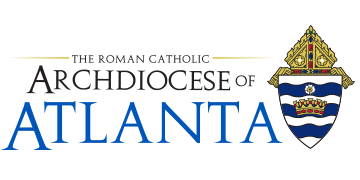In Matthew 9:15, Our Lord says of us: “the days will come, when the bridegroom shall be taken from them, and then shall they fast.” In response to our Lord’s saying, Christians have always embraced fasting and self-denial as an important part of the spiritual life, especially in commemoration of the Lord’s passion and death. Most of the decisions on how to embraces ascesis in life are left to the choice of the individual believer, in consultation with his or her confessor or spiritual director, but the Catholic Church does call all believers to certain practices that emphasize the communal nature of repentance, especially during the Lenten season. These common practices include:
Fasting and Abstinence on Ash Wednesday and Good Friday: Traditionally, fasting consists of eating only one meal, with the possibility of two smaller snacks that do not add up to a single full meal.
Abstinence from Meat on Fridays: Canon 1251 specifies that Catholics refrain from eating meat on Fridays, as an act of penitence. In the United States, Catholics are permitted to substitute another penance outside of the season of Lent. During Lent, however, all Catholics are obliged not to eat meat on Fridays.
Penance during Lent: The season of Lent is a penitential time, and should be marked by some form of self-denial.
Fasting before the reception of Holy Communion: In preparation for the reception of Holy Communion, Catholics are asked to observe a period of fasting before receiving the Blessed Sacrament in Holy Communion. Currently the minimum length of this fast is one hour. The ill, elderly, and those who care for them are exempt from this fast.
The law of abstinence applies to all persons over the age of fourteen; the law of fasting applies to those between the age of 18 and 59. Those who are sick, pregnant, or nursing, or whose health would adversely be affected by fasting or abstinence should not consider themselves bound by these norms.

